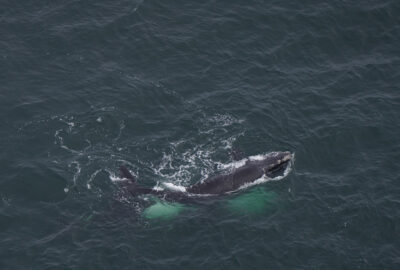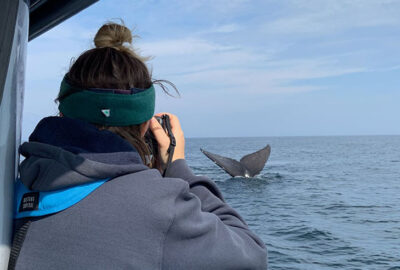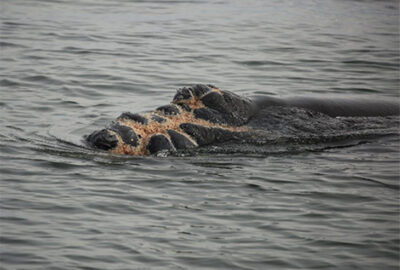Please note: We strongly recommend purchasing your tickets in advance to guarantee entry, as we do sell out on weekends and during school vacation week (April 15–19). A limited number of tickets will be available onsite for walk-up purchases when we open at 9:00.
5 Actions to Take for World Whale Day (and Beyond!)
Learn some of the ways ordinary citizens and consumers can help make a difference in protecting the many threatened or endangered whale species
By New England Aquarium on Sunday, February 19, 2023


World Whale Day, which was founded in Maui, Hawaii, in the 1980s, is celebrated every year on the third Sunday in February. It’s a day to raise awareness for whales and the many whale species that are threatened or endangered due to human impacts on the ocean.
Learn about the actions you can take on World Whale Day—and every day!—to protect whales like the critically endangered North Atlantic right whale.
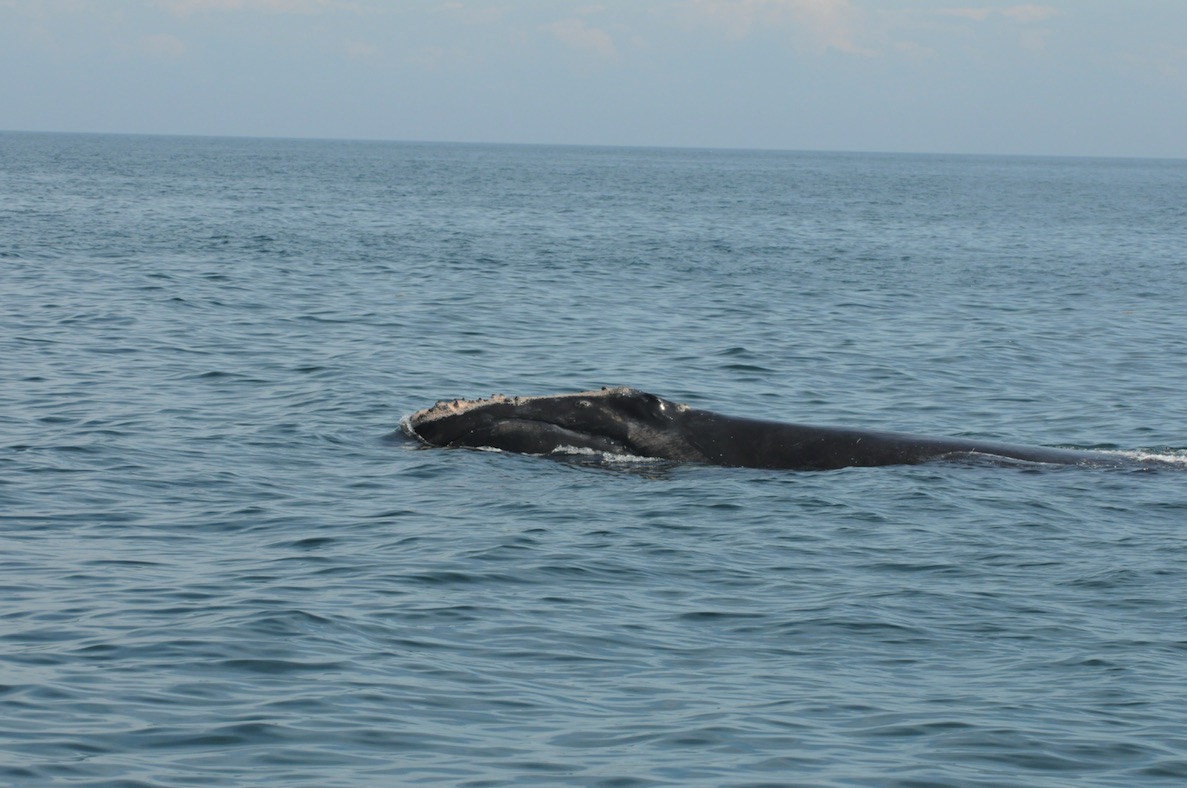
Talk to your friends and family
Did you know that North Atlantic right whales are the official marine mammal of Massachusetts? While their habitat ranges from Canadian waters to the Florida coasts, right whales spend much of the year right here in our backyard!
There are fewer than 350 right whales left, and they continue to face the threat of extinction due to human impacts on the ocean and the effects of climate change. Spreading awareness about the situation facing these whales can make a difference and inspire more people to support actions to protect them.
Ask your legislators to support stronger protections for whales
For World Whale Day, during the week of February 20, Aquarium visitors can sign postcards asking their legislators to support stronger right whale protections—as well as policies that bolster the blue economy. Those protections include providing financial assistance to support the fishing industry’s transition to on-demand gear, and expanding and enforcing mandatory vessel speed limits to reduce instances of vessel strikes. You can also participate from home by signing a call to action asking Congress to provide the funds needed to enact these protections and promote the conservation of right whales. With everyone’s help, we can work together to protect this endangered species.
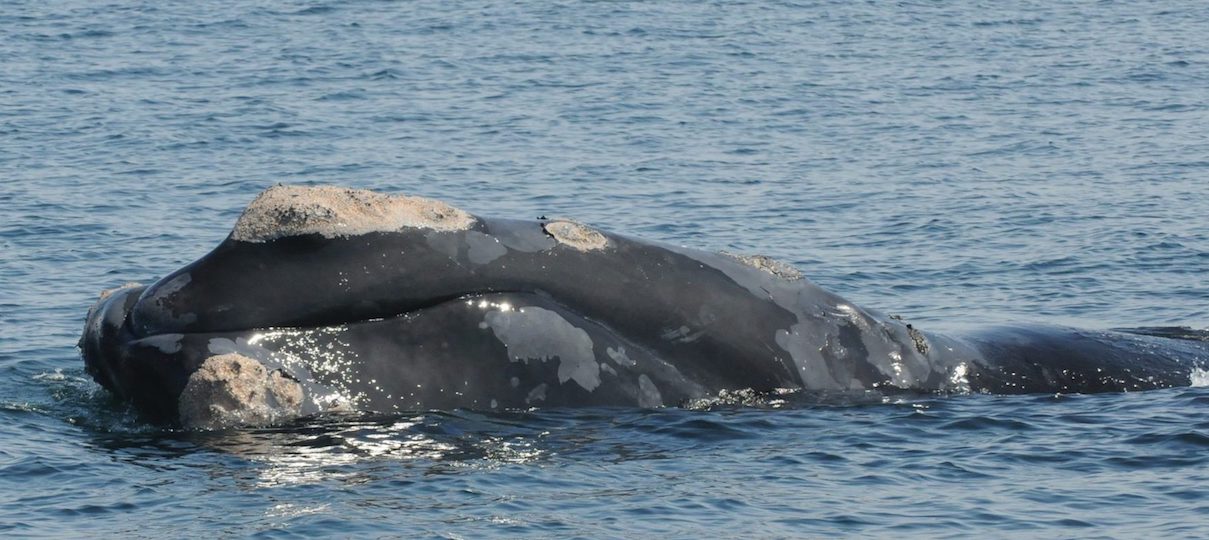
Sign our statement of support for right whale protections
Send a message to your legislators asking to appropriate funds needed to assess, develop, and carry out activities that reduce threats to critically endangered North Atlantic right whales.
Be aware of whales when you’re on the water
Whether you’re a regular boater or out enjoying the water with friends, watch out for whales and other animals, and observe any marine life from a safe distance—in the case of right whales, the rule is 500 yards away. Also, be sure you’re observing any vessel speed recommendations in effect in the area. Vessel strikes, even from recreational boats, can seriously injure whales. And if you see something, say something! We would love to hear about your right whale sightings and add your photos to the North Atlantic Right Whale Catalog.
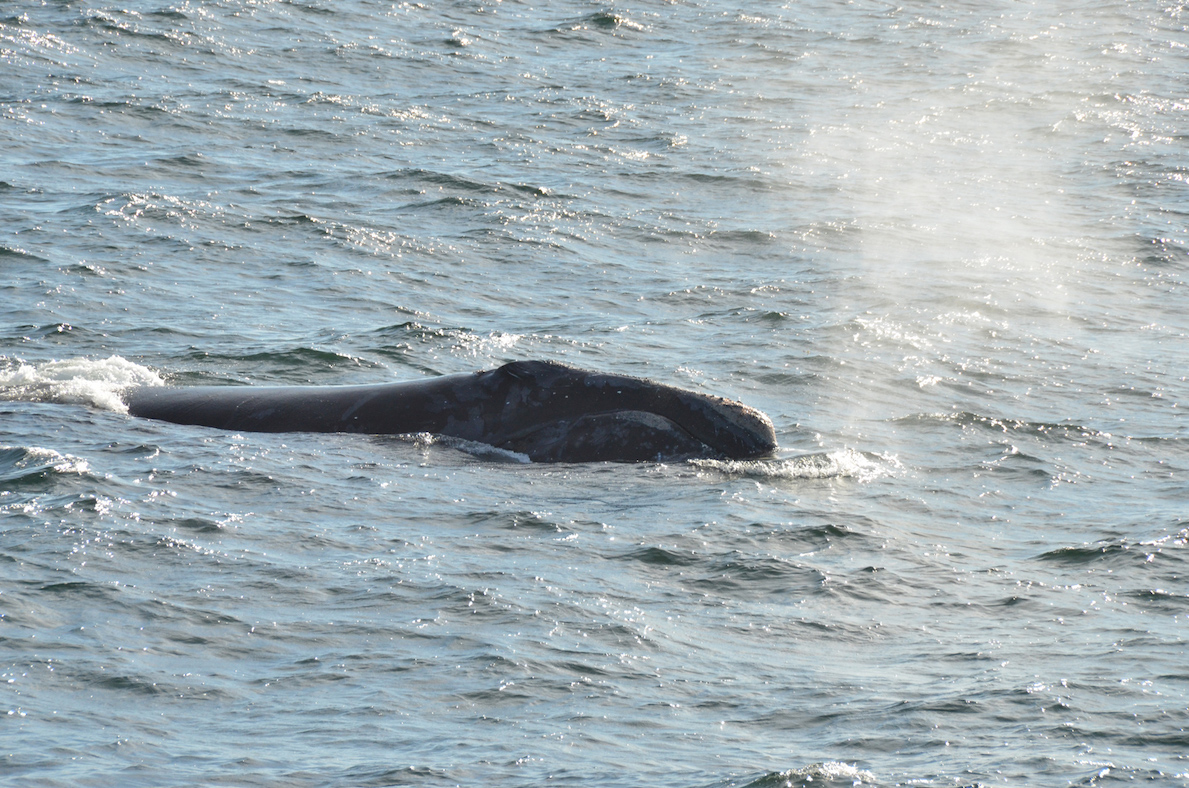
Support local fishermen using whale-safe fishing methods
We know that over 85 percent of right whales have been entangled at least once, and many have experienced multiple entanglements, namely caused by fixed-gear lobster and crab fisheries. On-demand or ropeless fishing gear removes vertical lines that hang in the water and entangle whales. This modification eliminates one of the major threats to the species—but it’s not widely available throughout the industry.
Accelerating the transition to ropeless gear is a must when it comes to protecting right whales, but in the meantime, there are a few fishing methods that can minimize the risks of entanglement. Using ropes with weak insertion points that break more quickly as a whale pulls on the gear can potentially reduce lethal entanglements. Lobster caught by hand or by divers is another whale-safe method. There are also a handful of fishermen in New England who are experimenting with on-demand gear and selling their catch.
Ask about all your seafood’s origins
When you shop at the grocery store or visit a favorite restaurant, you can ask where they source their seafood, how it was caught, and what the fishery is doing to prevent entanglements. Even if the person you’re asking doesn’t have all the answers, your question can start a conversation and let them know that it’s important to you as a customer.

